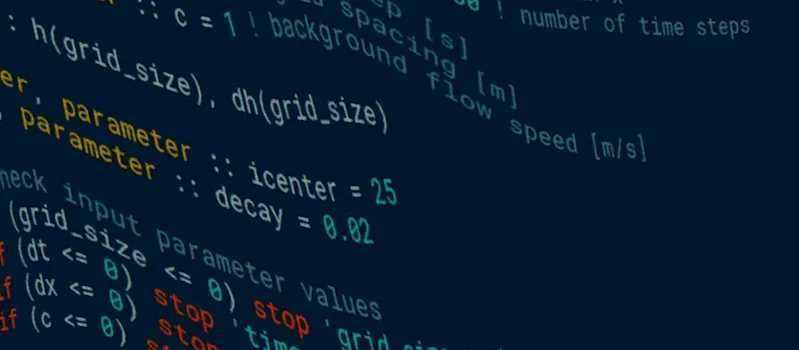Modules Update December 2022
Since the last module update in December 2021, we have:
- added/moved 84 modules to production
- added 9 modules to the development environment
- deprecated 5 modules
- deleted 12 modules
Since the last module update in December 2021, we have:

Sometimes you may find yourself needing to filter a large amount of output
using the grep command. However, grep can sometimes struggle when you try
to filter files with an incredibly large number of lines, as it loads each line
into RAM line-by-line. This can mean you can quickly exhaust even large amounts
of requested RAM. There are a few ways around this.

Following up from part one of our R tutorial we'll be taking a look at the differences between R - the command-line language which can be loaded as a module and used in your Apocrita batch jobs - and Rstudio - the graphical development environment, accessed via a web server and provided via the OnDemand service.

The ITSR support team often receive tickets from
R users that cover similar
ground. So we thought we would collate our most frequent responses into some
"Top Tips"! The tips below apply equally to Rscript but this article only
covers the interactive R program.

As the current 2 PetaByte Research Data Storage on Apocrita reaches end of life this summer, we have procured a new storage system, providing 5PB of capacity. This means faster, bigger and cheaper storage for you, the researcher! Read on to discover the benefits...but first, an important notice.

The RSE team in ITS Research has had a busy few years since we started sharing our work in this blog. In this post we look at some highlights of recent activity and what we have to look forward to.

You may wonder why some jobs start immediately but some wait in the queue for hours or days, even if your job is quite simple. If you notice your job has been queueing for a while, you may want to consider adjusting the requested resources to reduce queueing time and reduce any potential resource wastage as the job runs. Below, we outline two useful tools for you to check the resource usage of previous jobs.

Polytomous variables can be used to model data that has two or more possible outcomes. For example, a survey with multiple-choice questions is polytomous. The R package, poLCA, does statistical clustering of polytomous variables. For example, grouping together survey results that are similar to each other.

The NAG Fortran compiler, like other compilers, has diagnostic capabilities which can help us write correct and portable Fortran programs. In this post we'll look at these, comparing with those of the GCC and Intel compilers, and see how the compiler can be a valuable tool when developing or maintaining Fortran code.

Once we've written a program more advanced than our "Hello, world!" example, we're going to make mistakes. In this post, we'll look at how we can use the very compilers we're using to compile our program to pick up on some of these mistakes.